A major part of technical education involves gaining hands-on experience and skills through working with real material and tools. The worked on materials in the class, as one would expect, is thrown away at the end. But, that was not the case for the students of the Civil Engineering department of the Rajshahi Technical Training Center (TTC), who gave a facelift to institution by repairing the road, pavement, and guard room and upgrading the infrastructure. “The young men and women of Bangladesh care about their country and are passionate about what they do. Empowering them with knowledge and skills and the means to utilize their learning through employment ignite their inner power to make a difference in society,” said Mahbubur Rashid Talukder, the Principal, Rajshahi Technical Training Center (RTTC), praising his students ideas and initiatives that transformed the institute.
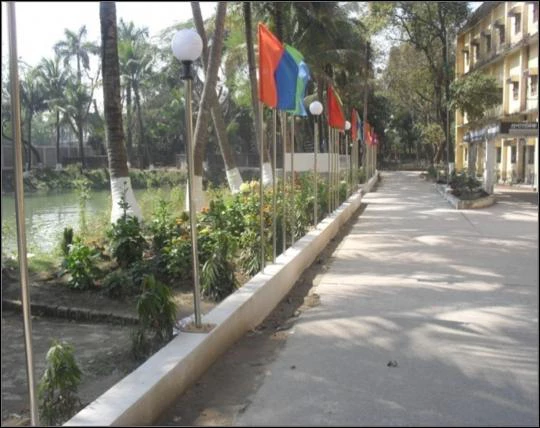
The students along with the instructors of the institution came up with the idea of using the fund received from STEP project for upgrading the institution itself, instead of buying materials for classroom use only. The students wanted to gain more practical experience from actual work rather than just from classroom learning. Thus, a venture of the students at Rajshahi TTC started, innovatively catalyzing the project-supported grants and their training opportunities, for bringing forth renovation and improvements of their institution. Using available raw materials, students of the Civil Engineering department constructed the much needed pavement and drainage system to make a shallow tube functional and meet campus water demand. In addition, students undertook further civil works through reconstructing shops, toilets and a badminton court within the institution.
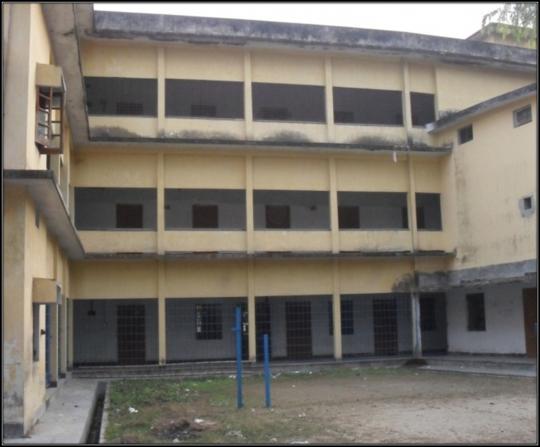
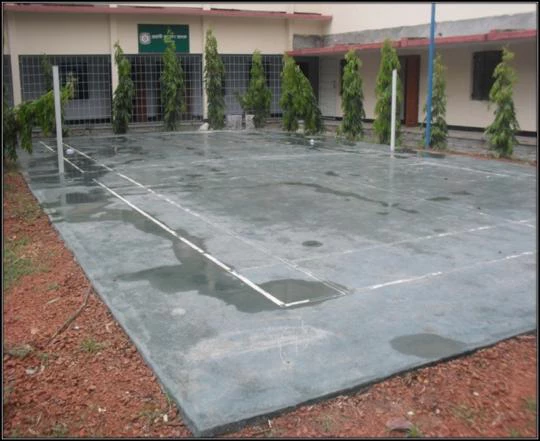
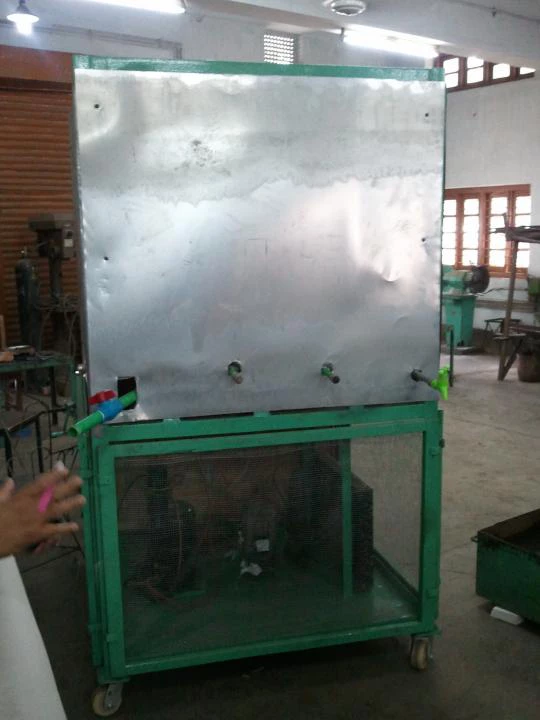
Students of the General Electronics department repaired damaged light chargers by replacing dead batteries with recycled batteries from cellphones. Encouraged by their success in this endeavor, students went ahead and produced flashlights using recycled cellphone batteries and high intensity LEDs.
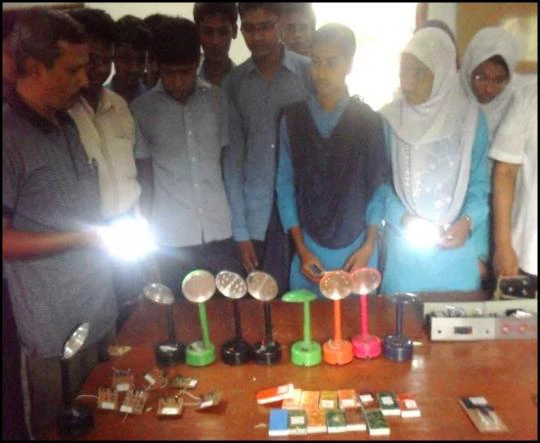
batteries from mobile phones
The anecdotes of the different initiatives taken by students in Rajshahi TTC are a snapshot of the skills-orientated training and leadership which STEP is encouraging through its support to short course training providers. Till June 2014, 520 students of Rajshahi TTC have benefitted from four STEP short-course programs. From January 2012 to June 2014, 40,074 students nationwide have participated in short courses and benefitted under the STEP project. One fourth of the benefitiaries are female. Over 90 percent of these STEP-supported students have received certification as trained and qualified technicians in these different trades. The employability of the graduating students has not been limited to the local and national industries, but also extended to overseas markets.
STEP has been empowering students in improving their access to short-course training programs through monthly stipends throughout the duration of their program. Equipped with better skills, students are entering the workforce with higher confidence and leadership skills.


Join the Conversation